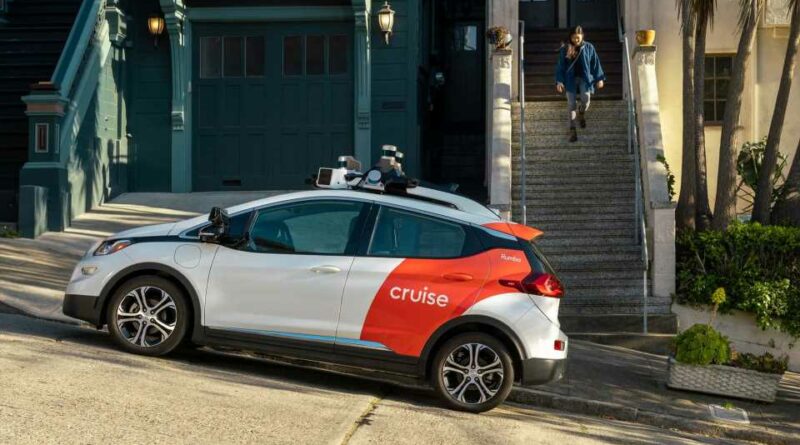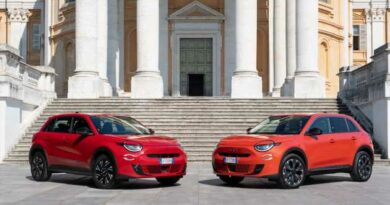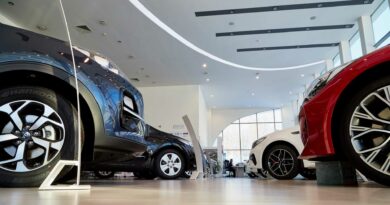Cruise CEO And Co-Founder Kyle Vogt Steps Down
The founder of Cruise has stepped down and we’re taking a look at BMW’s impending electric revolution.
This is AM Drive, Motor1’s daily look at the news you need before you get in your car.
Kyle Vogt, CEO Of Cruise, Has Resigned
General Motors’ Cruise autonomous driving unit has lost its CEO. Kyle Vogt, the company’s cofounder, resigned last night through a five-part post on Twitter. Looking back at his achievements, the 38-year-old executive said the California-based startup has provided more than 250,000 driverless rides since its 2013 creation. As for what the future holds, the former CEO intends to spend more time with the family and “explore some new ideas.”
The decision to step down follows a few tumultuous weeks for Cruise. A robotaxi ran over a woman who had been previously hit by another car in San Francisco. To make matters worse, the self-driving Chevrolet Bolt EV stopped on top of her, forcing SF firefighters to use the jaws of life to rescue her. The incident took place in October and prompted the California Department of Motor Vehicles to suspend Cruise’s driverless permits. Consequently, Cruise halted all activities across the United States. On November 9, GM announced a round of layoffs at its self-driving unit.
The problems Cruise has been having lately go to show truly self-driving, problem-free cars are still a long way off despite huge investments made in recent years. In fact, Bryan Reimer, a research scientist at the MIT Center for Transportation and Logistics and MIT AgeLab, recently said Level 5 autonomy “will never exist.” That’s not to say tremendous progress has not been made, and we’re not just talking about Tesla’s Autopilot. BMW and Mercedes have both received Level 3 certification for their flagships, the 7 Series and S-Class.
BMW Projects 50 Percent Of 5 Series Sales In Europe Will Be The i5
2024 BMW i5 First Drive Review
In an interview with Automotive News, a spokesperson for BMW said the luxury automaker is expecting sales of the i5 to account for half of total 5 Series deliveries in Europe. Not just for this year or the next one, but for the entire life cycle of the sedan’s eighth generation. She went on to mention the zero-emission model is estimated to account for 30 percent of global deliveries.
Depending on the region, the newest 5 Series is sold with a variety of powertrains, including gasoline, diesel, plug-in hybrid, and purely electric models. In 2024, the lineup will grow to include a wagon with the same four types of propulsion. In China, BMW builds a long-wheelbase sedan and sells it with combustion engines alongside the i5.
Unlike Mercedes with its bespoke electric car platform for the EQE, the i5 uses the same bones as the 5 Series. BMW won’t have a dedicated platform until 2025 with the launch of the first EVs on the Neue Klasse architecture. It will usher in sixth-gen batteries featuring round cells to increase range and charging speed by 30 percent.
Source: Read Full Article




